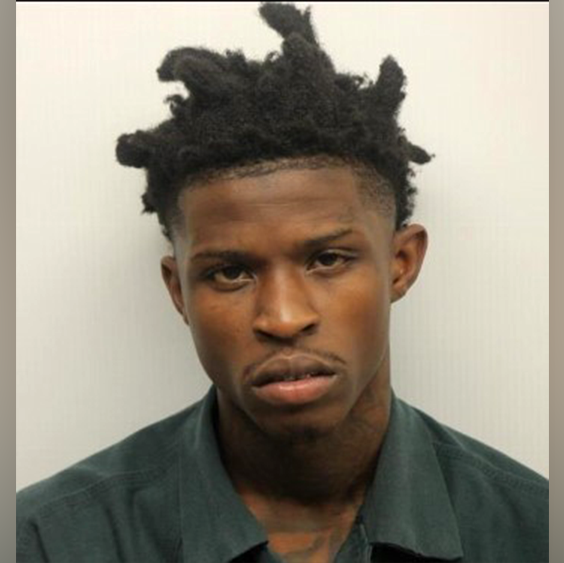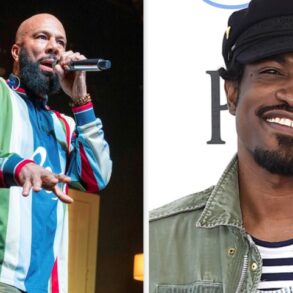
Quando Rondo, a prominent figure in the hip-hop community known for his energetic performances and lyrical prowess, recently made headlines for an unexpected turn in his career trajectory. The rapper, whose real name is Quentin Randolph, opted to take a plea deal in a federal drug case, marking a significant development in his legal saga.
The charges against Quango Rondo stemmed from a federal investigation into drug trafficking activities in several states. Authorities alleged that Randolph was involved in a conspiracy to distribute controlled substances, a serious offense under federal law. The case garnered attention not only for its implications on Randolph’s career but also for its broader impact on the music industry and community he represents.
As news of the plea deal broke, reactions were mixed among fans, colleagues, and observers alike. Some expressed disappointment and disbelief, while others offered support and sympathy, acknowledging the complexities of Randolph’s situation. Throughout his career, Quango Rondo had cultivated a loyal fan base drawn to his charismatic persona and distinctive musical style, making the legal proceedings all the more poignant.
Advertisement
The decision to accept a plea deal typically indicates a strategic move by defendants to mitigate potential penalties and resolve legal matters expediently. In Randolph’s case, the specifics of the plea agreement were not immediately disclosed, leaving room for speculation about the terms and conditions that led to his decision.
Beyond the personal implications for Quango Rondo, the case underscores broader societal issues surrounding drug enforcement policies and their impact on communities, particularly in the context of hip-hop culture. Artists often navigate a complex landscape where legal troubles can intersect with artistic expression and public perception, shaping their careers and personal lives in profound ways.
In response to the developments, industry insiders and advocates for criminal justice reform have called for nuanced discussions about the factors contributing to Randolph’s legal troubles and the broader implications for artists facing similar challenges. The case serves as a reminder of the pressures and pitfalls faced by individuals in the spotlight, where fame and creativity can intersect with legal and personal challenges.
As Quango Rondo navigates this pivotal moment in his career, the music community watches closely, reflecting on the complexities of fame, legal scrutiny, and personal responsibility. His story prompts reflection on the intersections of artistry and accountability, highlighting the need for empathy and support for individuals facing legal challenges, regardless of their public persona.
In conclusion, Quango Rondo’s decision to take a plea deal in his federal drug case marks a significant chapter in his career and personal journey. As he confronts the consequences of his actions, the case invites introspection within the music industry and beyond, prompting discussions about justice, resilience, and the complexities of fame in the modern era.
This post was originally published on this site be sure to check out more of their content.





